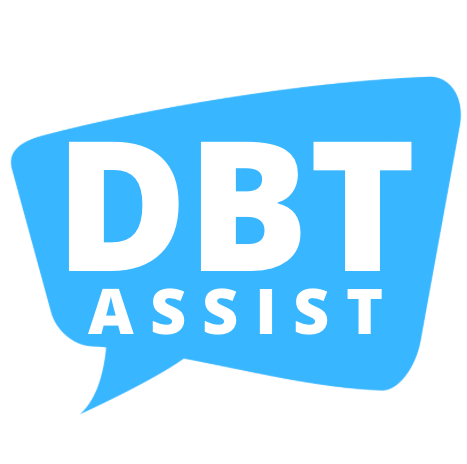part of a stabilisation based approach
DBT Primer Program - ACDC Skills
This program has been developed using a Trauma Informed Dialectical Behaviour Therapy (DBT-TI) framework.The goal of these sessions are to connect individuals with a range of personal resources to increase capacity to function at a level where impulsivity and distress is reduced. In addition, orientation to a full DBT or RO DBT program is an additional goal of this program!
-
Assess & Plan
3 Individual Sessions -
Group Skills Training
8 x Sessions online -
Individual Sessions
exploring a DBT approach -
Review Session
finialising treatment options
THE DBT PRIMER PROGRAM IS A DBT INFORMED APPROACH THAT REPLACES COMMITMENT SESSIONS
JANUARY 2025 INTAKE NOW OPEN!
What you are going to learn
About our Program
Commitments for the DBT Primer Program
02
Online or Self-Paced Skills Class
04
Individual Review
THE DBT PRIMER PROGRAM IS A DBT INFORMED APPROACH THAT REPLACES COMMITMENT SESSIONS
JANUARY 2025 INTAKE NOW OPEN!
THE DBT PRIMER PROGRAM IS A DBT INFORMED APPROACH THAT REPLACES COMMITMENT SESSIONS
JANUARY 2025 INTAKE NOW OPEN!
ACDC Resources Developer
Dr. Peter King is clinical lead at the Australian DBT Institute and developer of Stabilisation Based Therapy (SBT). SBT is the treatment framework under which ACDC resources were developed. Dr. King is an experienced educator and clinician with over 25 years of experiences in various public, community and private mental health settings. Since 1993, Peter has worked in Mental Health Nursing, Social Work, DBT Programs, Psychotherapy, and Clinical Leader in the health care and not-for-profit sector. He has consolidated this experience both in Australia and the USA through mentoring with Marsha Linehan’s company Behavioral Tech LLC, mentoring with the creator of Somatic Trauma Therapy – Babette Rothschild, leading clinical research and completed Ph.D. in the mental health field.

“Stabilisation is an essential component of treatment. Without it, therapy can be overwhelming for many people.”
Dr. Peter King
Executive Director, Australian DBT Institute
